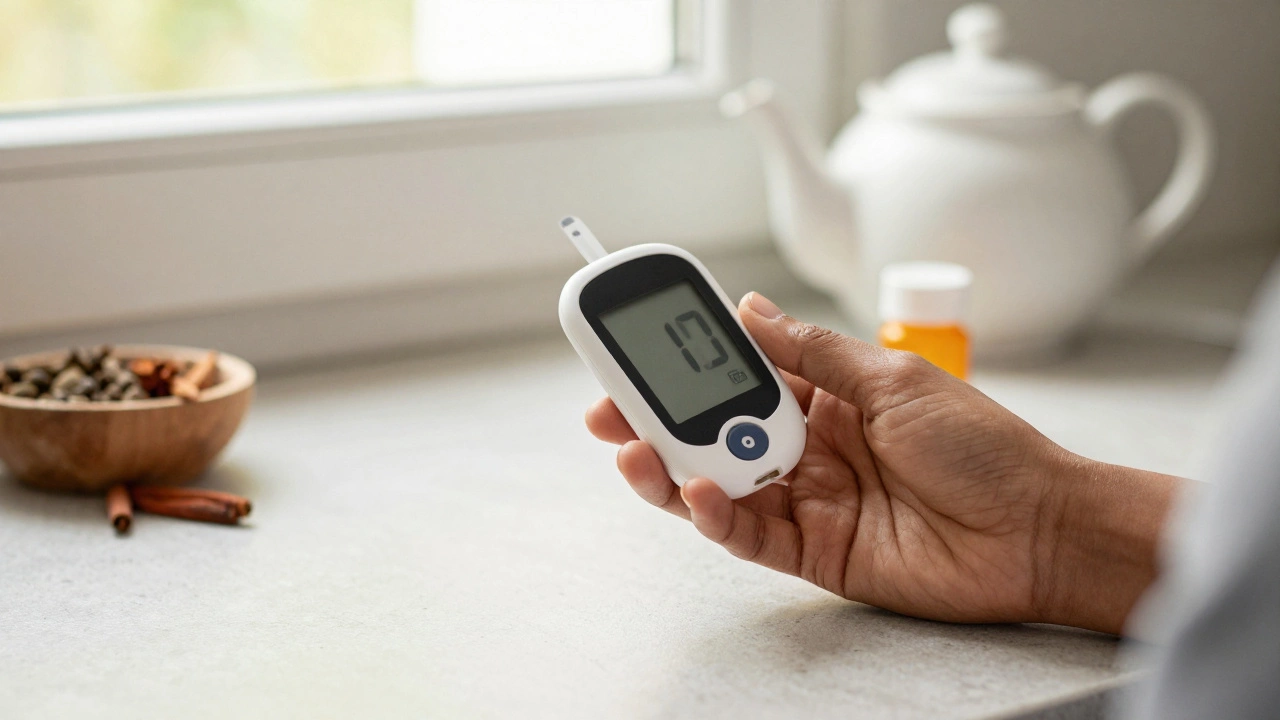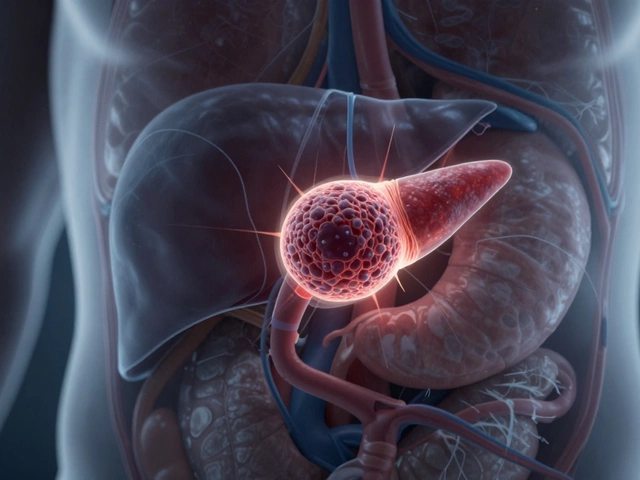Metformin isn't a weight loss drug, but many people with type 2 diabetes experience modest weight loss while taking it. Learn why this happens, what studies say, and why it's not recommended for weight loss without diabetes.
Read MoreWeight Management: Simple Steps to Lose Fat and Keep It Off
If you’re tired of yo-yo diets and want a plan that fits into real life, you’re in the right place. Below you’ll find everyday habits and food choices that actually work, no magic pills or extreme fasting required.
Everyday Habits That Boost Weight Loss
First, focus on movement that feels easy. Walking for 30 minutes a day burns calories, improves mood, and can target belly fat when you keep a steady pace. You don’t need a gym – a brisk stroll after dinner works just as well.
Next, protect your sleep. Seven to eight hours of quality rest balances hormones that control hunger. When you’re short‑changed on sleep, cravings for sugar spike and you end up snacking more.
Stay hydrated. Drinking a glass of water before meals tells your stomach it’s getting full, so you naturally eat less. Aim for at least eight glasses a day, and swap sugary drinks for plain water or herbal tea.
Track what you eat, but keep it simple. Write down meals in a notebook or an app just to notice patterns. You’ll see if you’re leaning on high‑calorie snacks or eating too late, and can adjust without feeling judged.
Smart Food Choices for Sustainable Results
Choose foods that keep you satisfied longer. Protein‑rich options like lentils, eggs, or low‑fat paneer slow digestion, so you stay full between meals. Pair protein with fiber‑rich veggies for a combo that curbs cravings.
Watch portion sizes. Even healthy foods can add up if you overeat. Use your hand as a guide: a palm‑sized portion of protein, a fist of carbs, and two fists of veg.
If you’re over 50, the "Best Diet Plan for 55‑Year‑Old Women" highlights calcium‑rich foods and balanced carbs to support metabolism. Older adults benefit from a steady intake of protein and whole grains to maintain muscle mass.
For quick results, the "How to Drop 20 Pounds Fast" guide reminds you that safe rapid loss means cutting 500–750 calories a day and increasing activity, not starving yourself. Pair this with the "Does Walking Burn Belly Fat?" tips to keep the focus on sustainable habits.
Some wonder about medication aids. Articles like "Can Metformin Really Help You Lose 30 Pounds?" explain that drugs may aid weight loss for specific health conditions, but they’re not a standalone solution. Always talk to a doctor before trying any prescription for weight loss.
Finally, celebrate small wins. Losing five pounds, fitting into a tighter shirt, or walking an extra mile are all signals that your body is responding. These victories keep motivation high and make the journey enjoyable.
Weight management isn’t a one‑size‑fits‑all plan. Mix the habits that feel right for you, adjust foods to suit your taste, and stay consistent. Over time you’ll see the scale move and feel healthier without drastic sacrifices.
Confused about who prescribes weight loss pills? Discover which doctors to see, what to expect, and tips for safe, effective weight loss medication.
Read MoreOzempic has exploded in popularity as a weight loss tool, but what's the real story? This article breaks down how Ozempic works, who can use it, and what you should actually expect. You'll find out why people are raving about it, but also what doctors aren't always sharing. Plus, get tips for using Ozempic safely and maximizing your results. No jargon or sugar-coating—just the straightforward facts you need.
Read More






